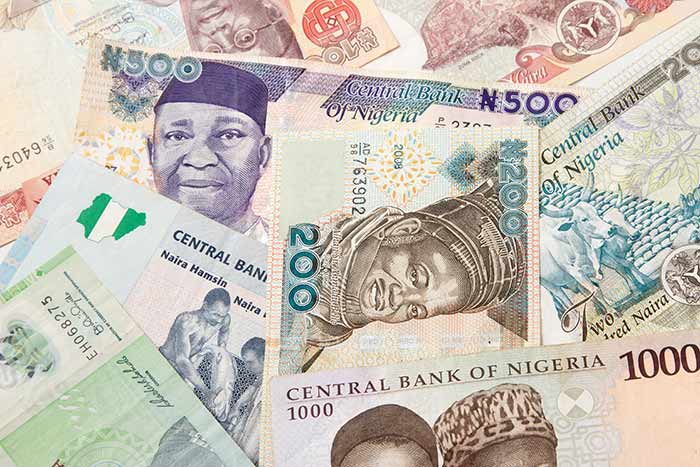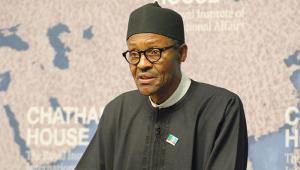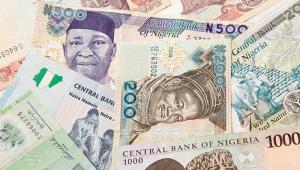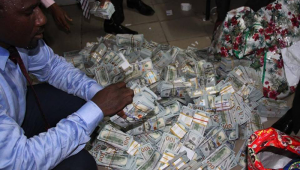web_nigeriannaira_shutterstock_200751113.jpg

Nigerian naira
The document, signed into law yesterday, envisaged even more spending than had been planned in the draft presented by the country’s president Mohammadu Buhari last year.
Since the recession hit last year, Buhari has opted to use record-busting government spending to try to revive an economy battered by the collapse in oil prices, militant attacks on oil infrastructure and a shortage of foreign currency, namely the dollar.
Disputes between lawmakers meant that the 2016 budget was delayed for months, and the shortage of government spending exacerbated the crisis.
After the document was passed by both chambers of Nigeria’s National Assembly, senate leader Bukola Saraki described the budget as one of “economic recovery and growth”.
Once it is signed into law by the president – or by his deputy, as Buhari is currently seeking medical treatment in London – the budget will see spending rise by $450m more than had originally been expected late last year, from 7.298trn naira to 7.44trn naira, to be financed with the help of 1.66trn naira ($5.3bn) worth of borrowing.
However, its estimates of the oil price, at $44.6 dollars per barrel, are conservative, with Brent crude currently trading at above $50, suggesting the government might benefit from bigger oil revenues than expected.
Cobus de Hart, analyst at firm NKC Research, said the most “noteworthy change” in the final document compared to last year’s draft was the planned composition of domestic and foreign borrowing, with Abuja now planning to rely more heavily on Nigerian creditors.
He noted this could have implications for decisions regarding the further easing of exchange rate restrictions, which many outside observers, including some multilateral creditors, argue are central to the country’s foreign currency and economic woes.
This could suggest the country was struggling to attract overseas investors, although the country has already successfully issued international bonds this year. Hart said it would also mean the country would be less beholden to demands for reform being tied to its borrowing.
Saraki and civil society organisations also drew attention to another feature of the budget – the full details of National Assembly spending were made public.
Nigeria’s BudgIT, which pushes for better fiscal information, applauded the assembly’s leadership for keeping their “promise” to ensure the details of National Assembly funding were open, as well as the advocacy that it said had pushed them to do so.
This was a “budget of firsts”, Saraki also tweeted, marking the only time civil society and the public had been able to put forward recommendations.













